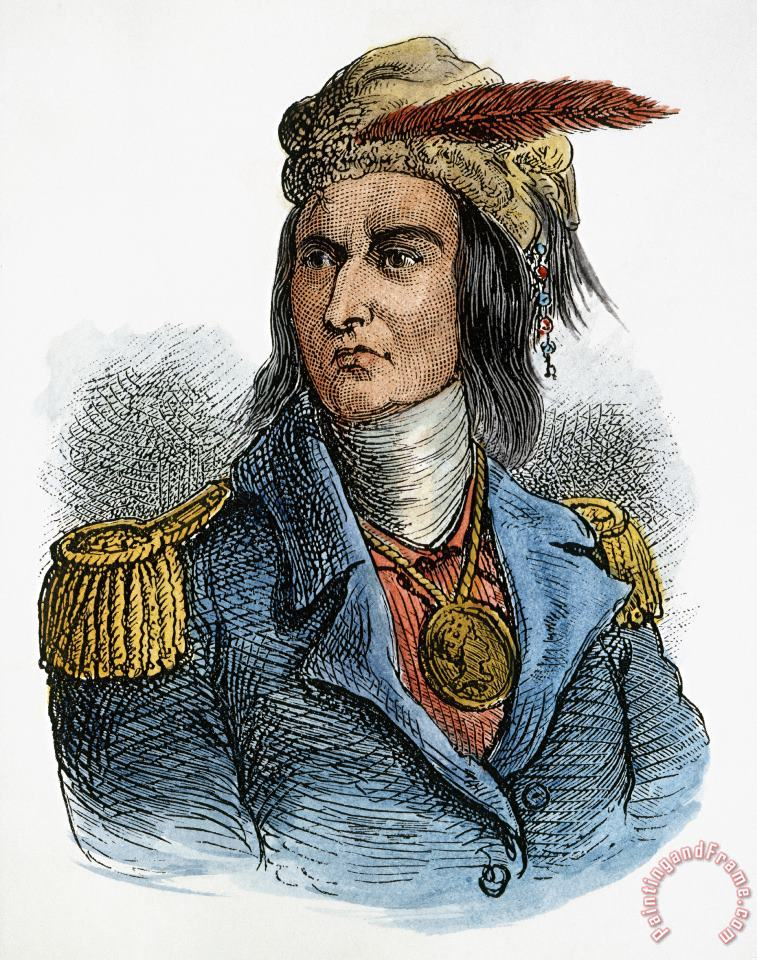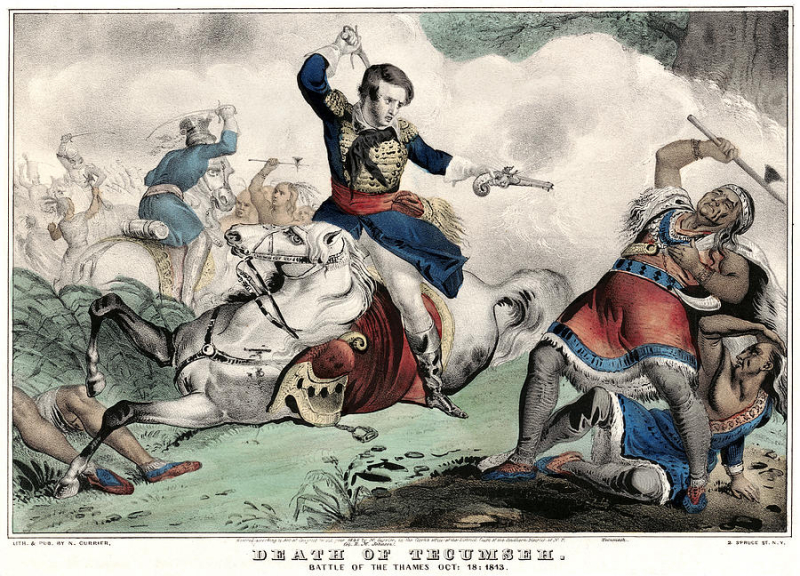Tecumseh

Tecumseh was a Shawnee warrior and leader from the United States. He was successful in forming a large Confederacy of Indian tribes. He urged native American Indians to band together as one power in order to negotiate better terms with European Americans. Between 1810 and 1813, he fought the United States government but was mostly unsuccessful in getting the government to cancel any land accords he thought were unfair. His pan-Native American alliance disintegrated after his death, and the US government continued to claim Indian areas in the northeast. The Native Americans moved west. However, Tecumseh was crucial in developing a sense of Native American identity that extended beyond tribal rivalry. He rose to fame as a folk hero in Native American history and significantly influenced the mindset of Native Americans in the ensuing decades.
Shawnee War Chief Tecumseh was a charismatic leader, orator, and respected war chief of the Shawnee Indians of Ohio. His concept of a Confederacy of Indians standing united in the face of expropriation of their lands and traditions was critical in British North American defense against American forces.
He was born in a Shawnee hamlet close to Springfield, Ohio. His father was murdered in a battle between the Virginia militia and the Shawnee in 1774, which is seen as significant in Tecumseh's attitude toward the militia and white settlers. He established himself as a great warrior and commander at a young age and rose to become chief of the Shawnee tribe. As the flow of settlers pushed his people further west, his sympathy for them turned into rage, driving him to assemble a band of warriors and launch raids against the settlers.
Together with his brother Tenskwatawa, who became known as The Prophet due to his visions of the afterlife, they established Prophetstown on the Tippecanoe River in Indiana. The brothers urged the Shawnee and all other visiting tribes to plow their land, avoid adopting white settlers' customs, and refrain from drinking alcohol.


























